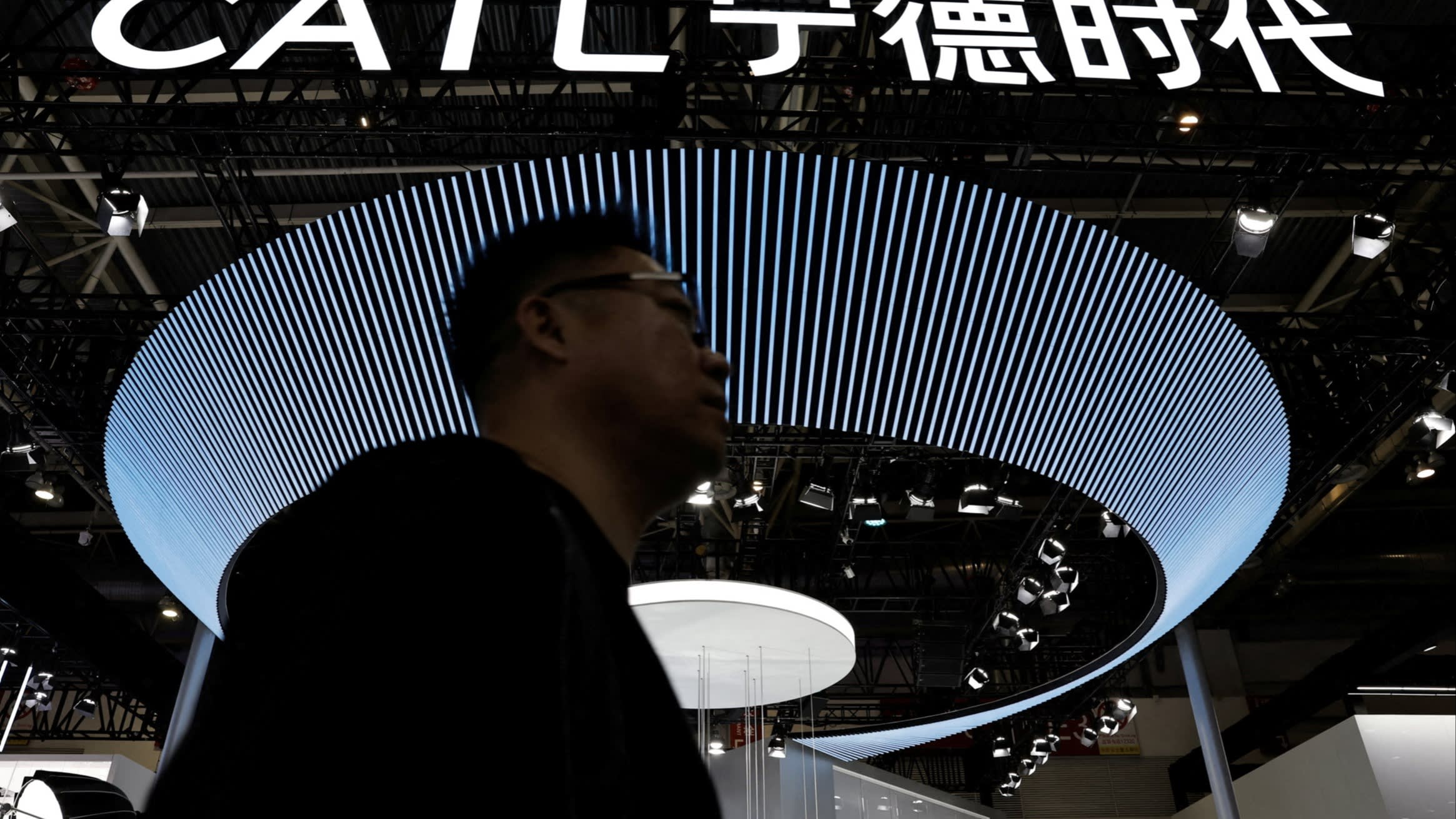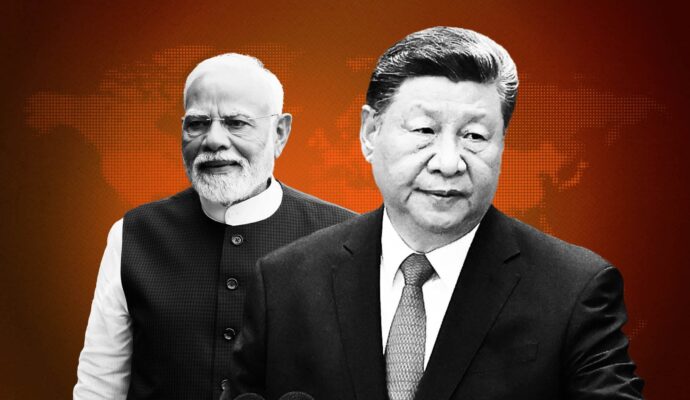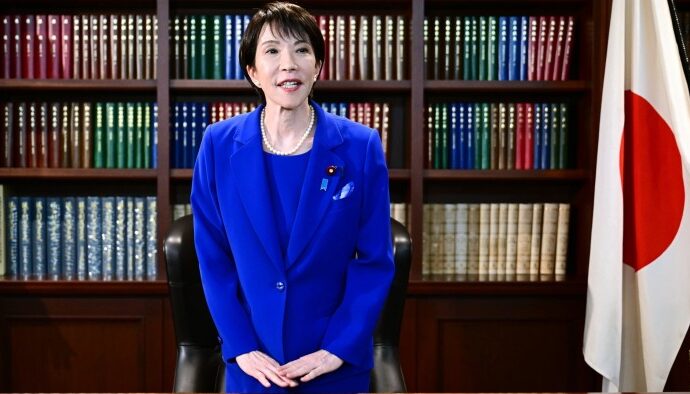
Unlock the Editor’s Digest for free
Roula Khalaf, Editor of the FT, selects her favourite stories in this weekly newsletter.
The world’s largest battery maker CATL said it was suspending operations at a lithium mine in China, sending shares of other producers soaring on speculation that Beijing is moving to tackle industrial overproduction.
Analysts said the suspension of the mine in Jiangxi province could be an early sign of how China plans to address overcapacity in industries ranging from solar panels to lithium, a vital metal in batteries for electric vehicles.
Chinese President Xi Jinping and party officials have become critical of “involution”, meaning excessive price competition, suggesting that Beijing is increasingly wary of the country’s surging industrial output.
Kenny Ng, a securities strategist at Everbright Securities International, said CATL’s suspension of a mine “reflects China’s broader ‘anti-involution’ strategy”.
The mine suspension is not permanent and comes after a licence expired, CATL said on Monday. “We are actively processing the application for the permit renewal in accordance with relevant regulations,” said the battery maker. “This matter is expected to have minimal impact on the company’s overall operations.”
Shares of CATL climbed 2.2 per cent on Monday in Hong Kong. The Hong Kong-listed shares of lithium producers Ganfeng Lithium and Tianqi Lithium surged 20.6 per cent and 15.9 per cent, respectively.
Lithium producers listed in Australia also shot higher with shares in Liontown Resources, which counts mining magnate Gina Rinehart as a shareholder and the Australian government as investors, gained 17 per cent.
IGO, which operates the lucrative Greenbushes mine with US company Albemarle, rose 8 per cent. Lithium company PLS, formerly Pilbara Minerals, rose 18 per cent while Mineral Resources gained 11 per cent.
Reg Spencer, an analyst with Canaccord Genuity, said that low lithium prices had hollowed out future supply and demand is expected to be much stronger than had been forecast.
Spencer said that the recent moves by China to address permits and overcapacity could be part of Beijing’s anti-involution campaign or coincidental.
The implementation of China’s new policy is still unclear, said Tai Hui, chief Asia strategist at JPMorgan Asset Management.
“This is still really early days,” said Hui. “Today is just one piece of the jigsaw. If I purely look at today’s example it seems like the upstream seems to be getting the advantage,” he added.
Additional reporting by Edward White in Beijing and Nic Fildes in Sydney


